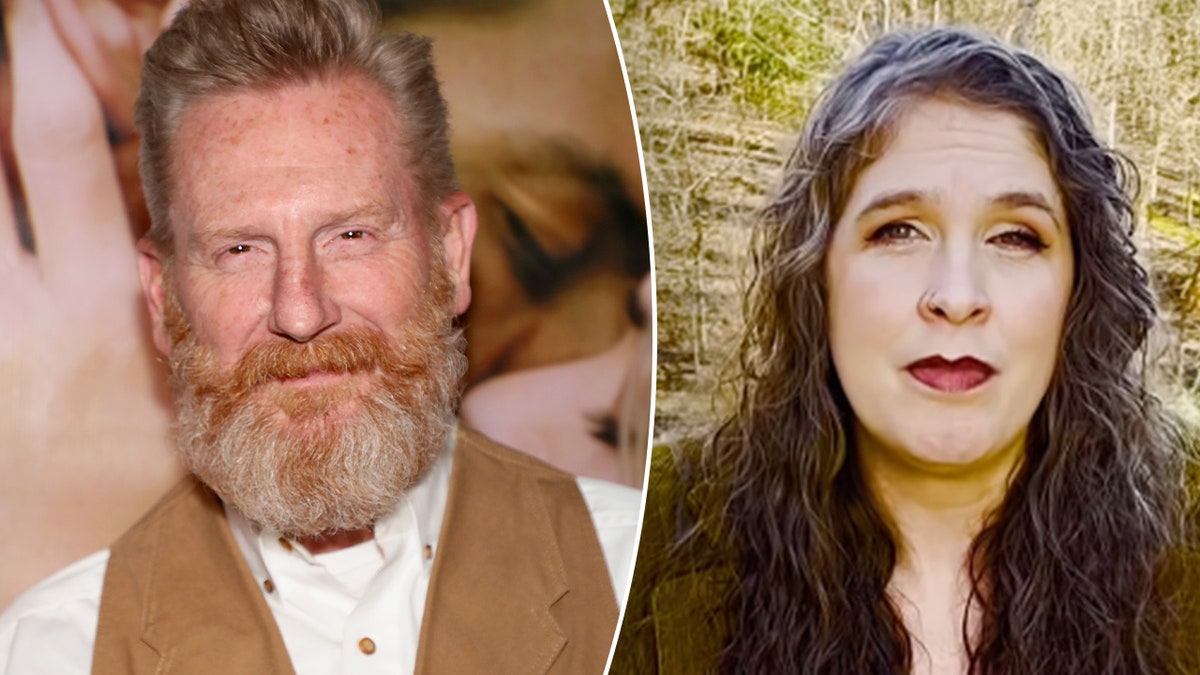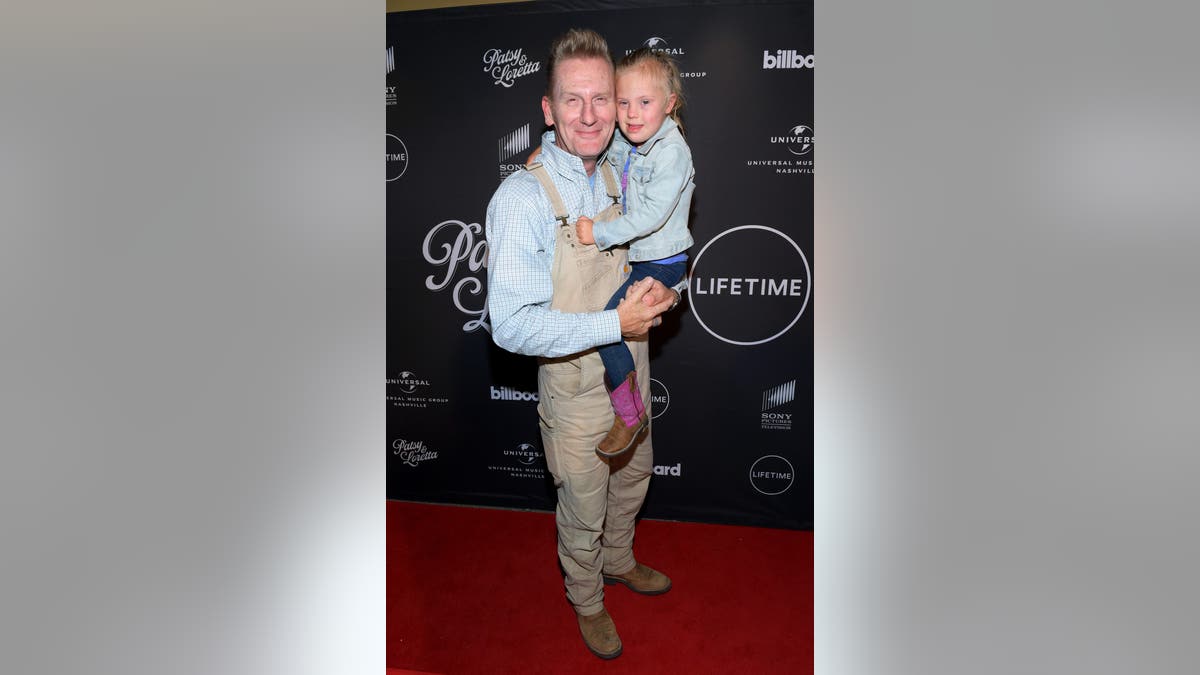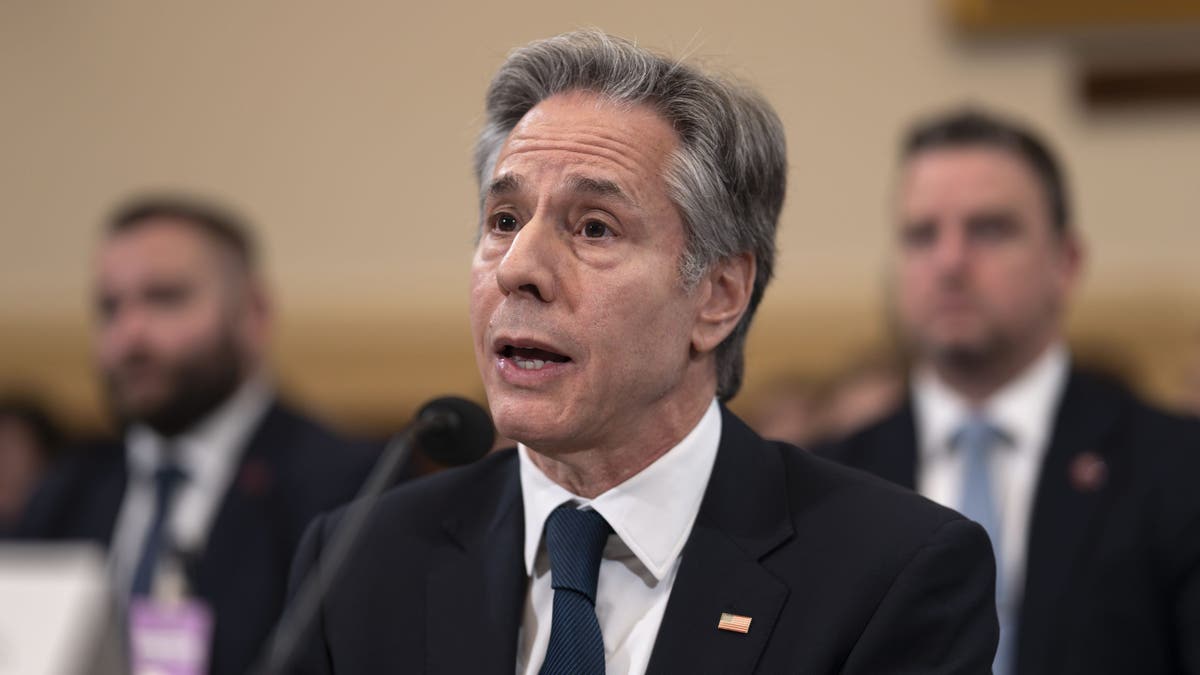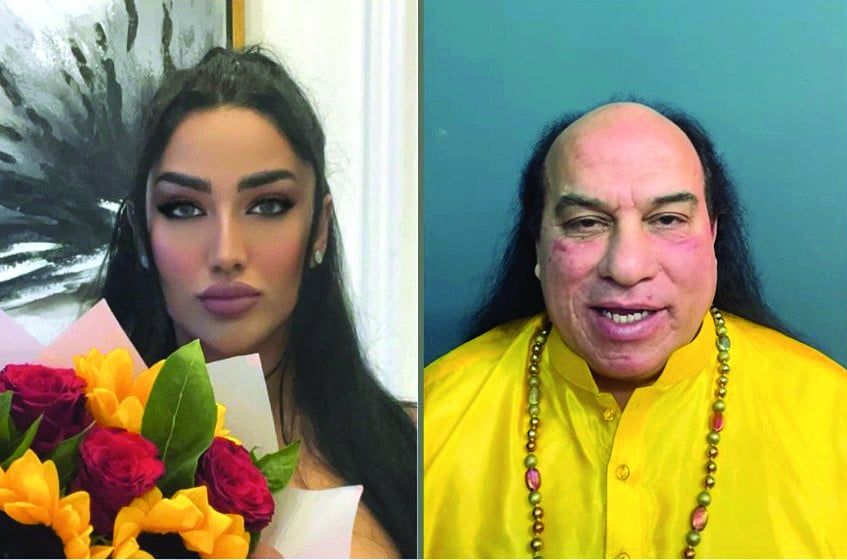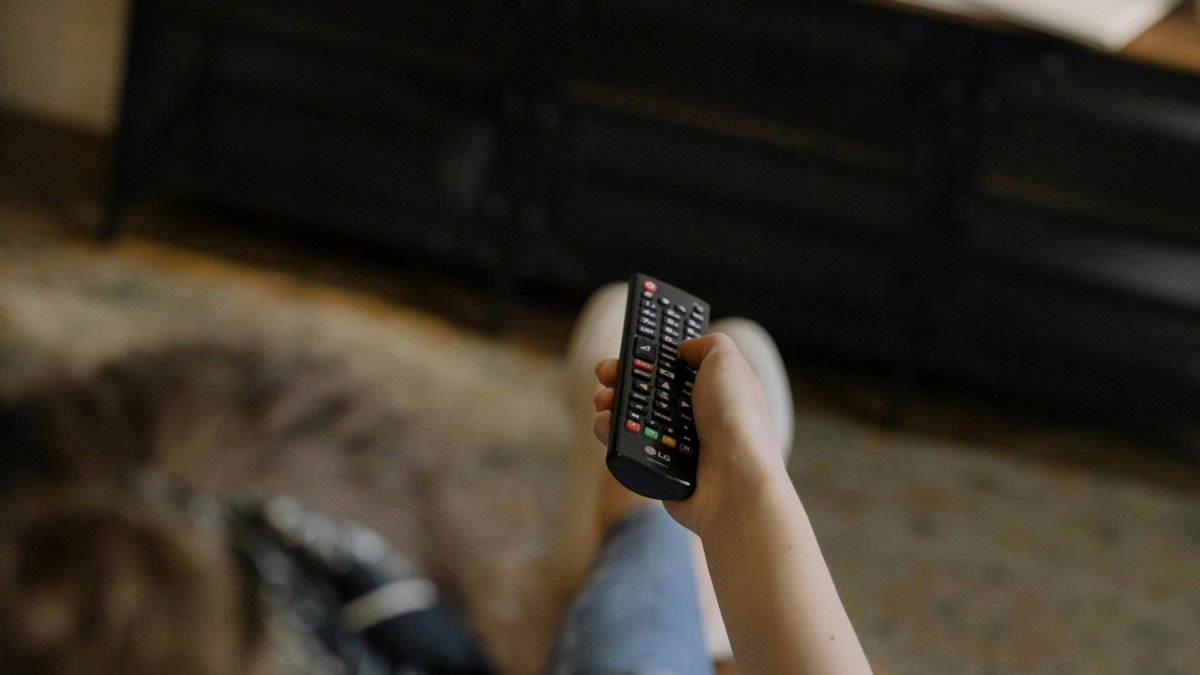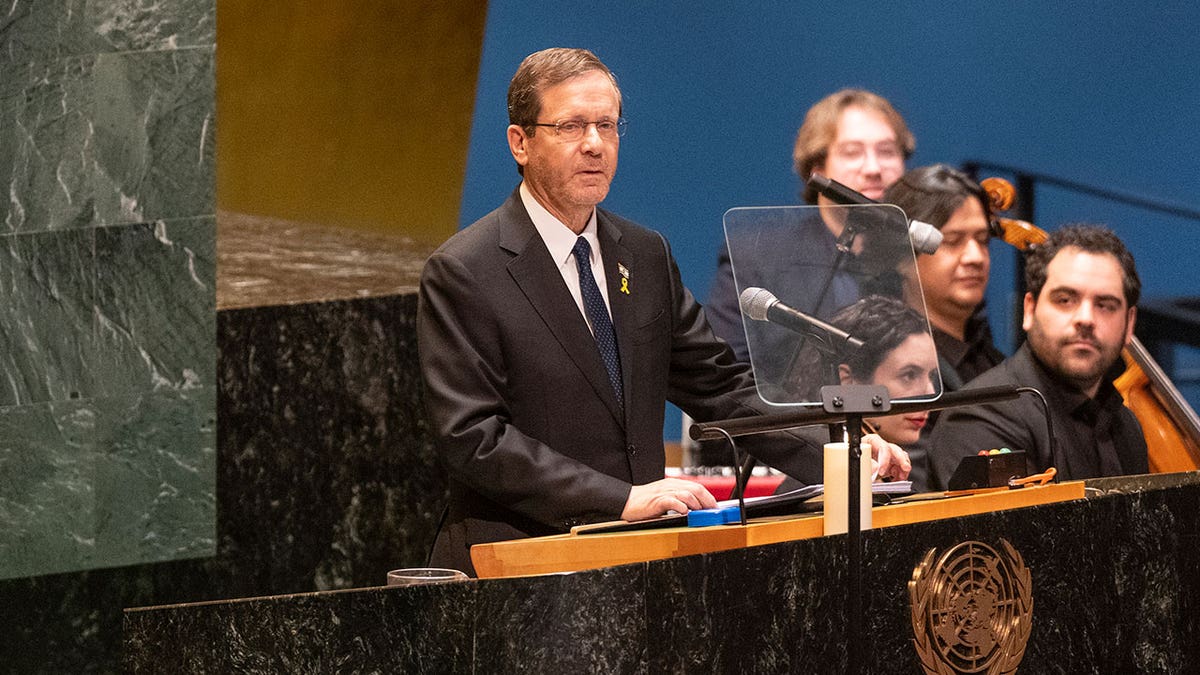Hopie Feek, daughter of country singer Rory Feek, recently shared her perspective on their strained relationship following the revelation that Rory is not her biological father. Hopie's announcement, made via social media on February 8th, detailed the results of a 23andMe DNA test, confirming she is not biologically related to Rory. She identified her biological father as a man she refers to as B.C. This revelation comes amidst an already complex family dynamic, including an ongoing dispute between Hopie, her sister Heidi, and Rory regarding the care of their younger sister, Indiana.

Rory, who raised Hopie and Heidi as a single parent, responded to the news in a blog post. However, Hopie expressed her disappointment with Rory's public sharing of private conversations and his portrayal of their mother. She took particular issue with his characterization of his reaction to her birth and his description of their mother, calling his account hurtful and inaccurate. Hopie clarified that her desire was for a private and respectful handling of the situation. She emphasized that the core issue in their relationship stems not from the paternity revelation itself, but from Rory's refusal to participate in family therapy.
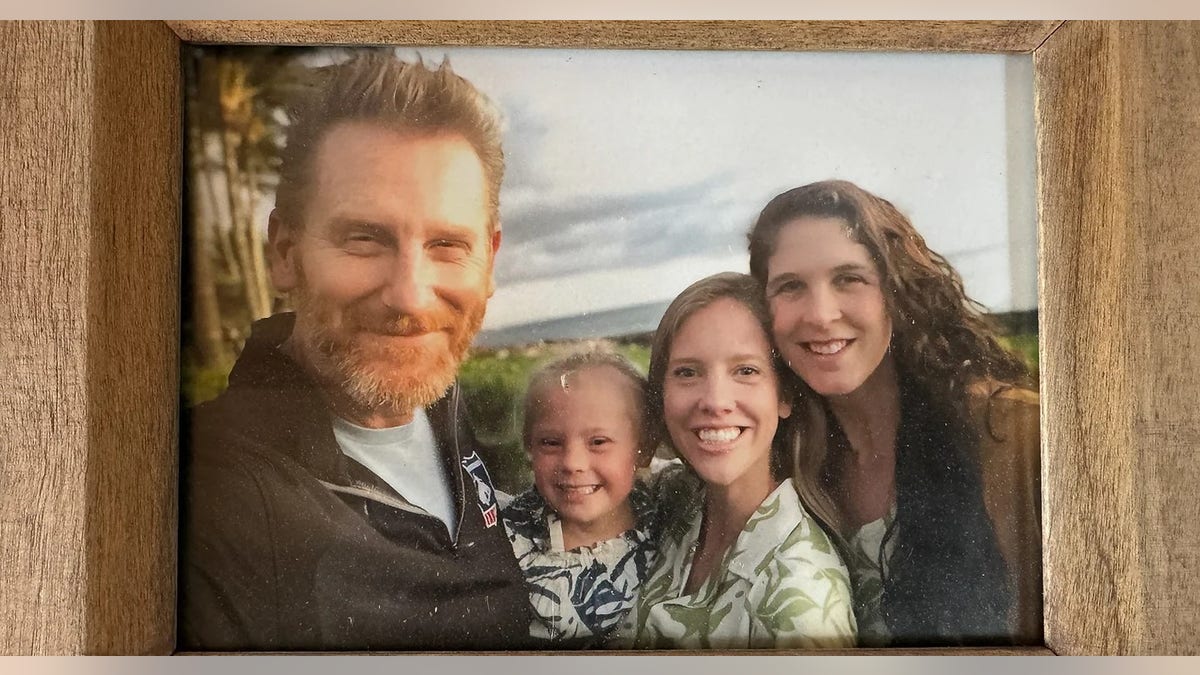
In his blog post, Rory detailed his initial reaction to the news, explaining his past suspicions regarding Hopie’s paternity due to a discrepancy between her mother's due date and his return from military deployment. He recounted a conversation with Hopie's doctor shortly after her birth which further fueled his doubts. Despite these concerns, he stated that his love for Hopie remains unchanged. However, Hopie maintains that their relationship requires professional intervention to address the underlying issues of communication and trust. She expressed feeling betrayed by Rory's public disclosure of sensitive personal information, including her coming out as bisexual, which she alleges he used for personal gain. Hopie underscored the importance of family therapy in navigating these complex emotional challenges.

While grappling with the public fallout of this revelation, Hopie finds solace in the burgeoning relationship with her biological father, B.C., describing his love as unconditional. She also found support through connecting with others who have experienced similar situations through DNA testing. Hopie's story highlights the complexities of family dynamics and the challenges of navigating unexpected personal discoveries in the public eye.
